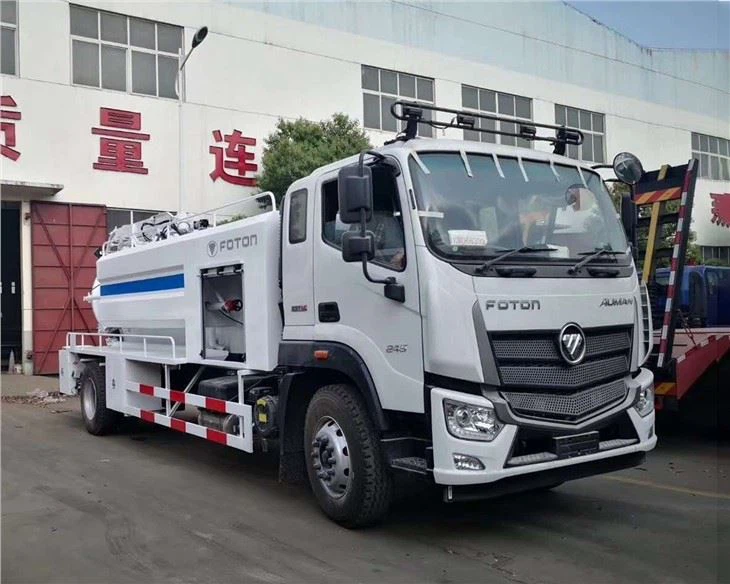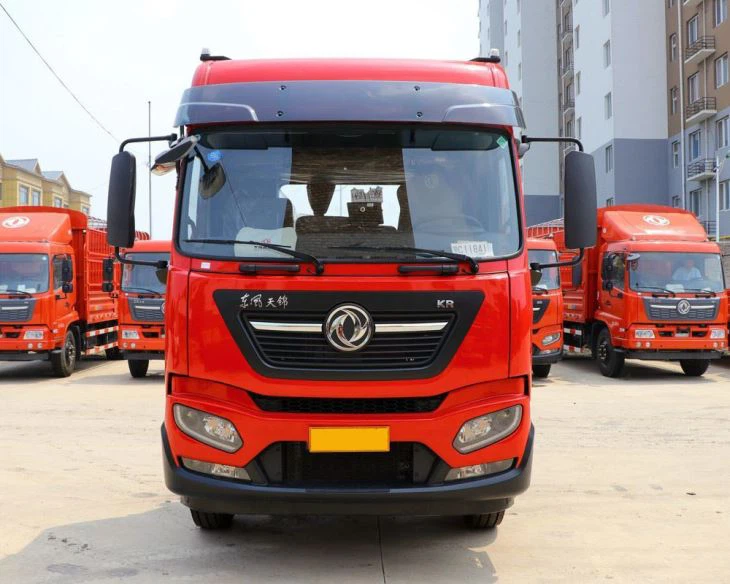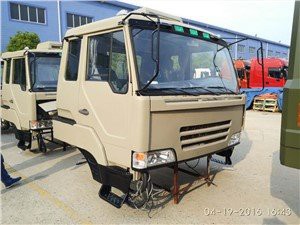Essential Guide to Waste Management Trash Trucks

Waste management is a crucial aspect of modern society, and understanding the role of trash trucks in this ecosystem is vital. In this article, we’ll explore various facets of waste management, focusing on the integral function of trash trucks.
Understanding Waste Management
Waste management refers to the activities and actions required to manage waste from its inception to its final disposal. It includes the collection, transport, processing, recycling or disposal, and monitoring of waste materials. Effective waste management is essential for safeguarding the environment, promoting public health, and conserving natural resources.
The Importance of Waste Management
The importance of proper waste management cannot be overstated. It helps reduce the volume of waste in landfills, decreases pollution, and conserves energy and resources. By managing waste effectively, we contribute to a cleaner, healthier world.
Types of Waste
Understanding the types of waste helps in understanding how waste management can be more efficient.
Municipal Solid Waste (MSW)
This is the most common type of waste, generated by households, businesses, and institutions. It typically includes everyday items like packaging, food scraps, and old furniture.
Hazardous Waste
Hazardous waste poses substantial or potential threats to public health or the environment. This includes chemicals, batteries, and electronic waste. Proper disposal through specialized trash trucks is crucial.
Construction and Demolition Waste
This type of waste includes concrete, wood, metals, and other materials from construction sites. The management of this waste involves different strategies compared to MSW.
Role of Trash Trucks in Waste Management
Trash trucks are specialized vehicles designed for the collection, transportation, and disposal of waste materials. They play a vital role in the waste management process.
Types of Trash Trucks
Trash trucks come in various types, each serving a unique purpose in waste collection.
Front Loaders
Front loader trucks are ideal for commercial waste collection. They feature a front-loading mechanism that makes it easier to lift and empty bins.
Rear Loaders
These trucks are commonly used for residential waste collection. They have a rear-loading compartment where waste is dumped for transport.
Side Loaders
Side loaders can either be automated or manual. They are efficient for neighborhoods with curbside collection, as they can collect from both sides of the street.
Compactors
Compaction trucks compress waste to increase the load they carry, reducing the number of trips required to transport waste.
Trash Truck Operations
Understanding how trash trucks operate is essential for appreciating their role in waste management.
The Collection Process
Trash collection typically occurs weekly or bi-weekly. Trash trucks follow specific routes to ensure efficient waste pickup, balancing time and resource management.
Loading and Transporting Waste
Once on-site, the driver operates the truck’s mechanical arms or use manual labor to load waste into the vehicle. After collection, the truck heads directly to a landfill or recycling center.
Environmental Impact of Trash Trucks
The operation of trash trucks has implications for the environment, influenced by factors such as fuel type and efficiency.
Carbon Footprint
Trash trucks, particularly older models, can have a high carbon footprint. Transitioning to electric or hybrid models can significantly reduce emissions.
Noise Pollution
The noise generated by trash trucks can be disruptive, especially in residential areas. Many cities establish collection times to minimize this impact.
Innovations in Trash Truck Technology
New technologies in waste management are shaping how trash trucks operate.
Automated Collection Systems
Many municipalities are now using automated systems, allowing for single-operator collection. This increases efficiency and reduces labor costs.
GPS and Routing Technology
Trash trucks equipped with GPS and routing technology optimize collection routes. This reduces fuel consumption and improves service times.
Case Study: Smart Waste Management in Cities
Cities like San Francisco have adopted smart waste management practices that utilize technology to streamline waste collection and recycling efforts, showcasing significant improvements in efficiency and waste diversion rates.
Best Practices for Waste Management
Below are some best practices for effective waste management, relevant to individuals and municipalities alike.
Reduce, Reuse, Recycle
Encouraging communities to reduce waste, reuse items, and recycle materials significantly lowers the volume of trash that requires collection.
Education and Awareness
Raising awareness about waste management’s importance helps motivate individuals to participate in recycling and proper disposal methods.
Regular Maintenance of Trash Trucks
Ensuring that trash trucks are maintained and operated efficiently can mitigate their environmental impact and streamline waste collection.
Cost of Waste Management
The cost of waste management varies based on several factors, including the type of waste and geographical location.
Factors Influencing Costs
Costs can be influenced by:
| Factor | Description |
|---|---|
| Distance to Disposal Sites | Longer distances can increase fuel costs. |
| Disposal Fees | Landfill or recycling center fees can add to overall costs. |
| Operational Efficiency | More efficient routes and vehicle maintenance lower operational costs. |
| Labor Costs | Labor expenses for collection may vary based on local wages. |

Future of Waste Management and Trash Trucks
The future of waste management is likely to see continuing advancements in technology, materials science, and public policy.
Emergence of Smart Cities
As smart city initiatives grow, waste management will increasingly leverage data analytics to optimize municipal services.
Sustainability Goals
More cities are setting ambitious sustainability goals, potentially transforming waste management strategies to align with green practices.
FAQs
What is a trash truck?
A trash truck is a vehicle specifically designed for the collection, transport, and disposal of waste materials.
How often do trash trucks collect garbage?

Trash trucks typically collect garbage weekly or bi-weekly, depending on local waste management policies.
What happens to the waste once it’s collected?

After collection, waste is transported to designated landfills, recycling centers, or waste-to-energy facilities for processing.
Are there environmentally friendly trash trucks?
Yes, many municipalities are investing in electric and hybrid trash trucks to reduce their carbon footprint.
Can trash trucks recycle materials?
Many modern trash trucks can be equipped to collect recyclables, often using designated bins separate from general waste.
How can I participate in effective waste management?
You can participate by reducing waste at home, recycling materials, and supporting local recycling and waste management programs.
